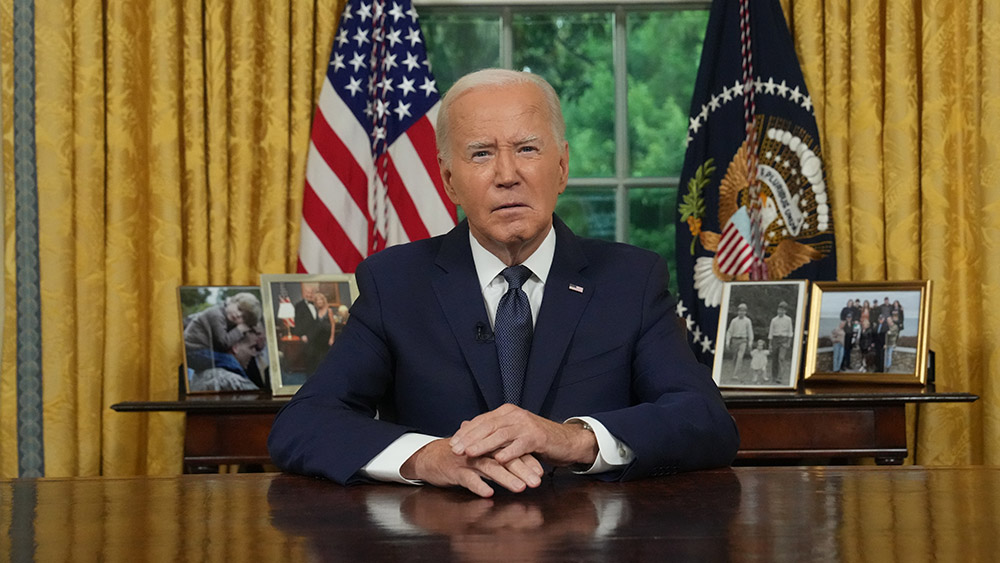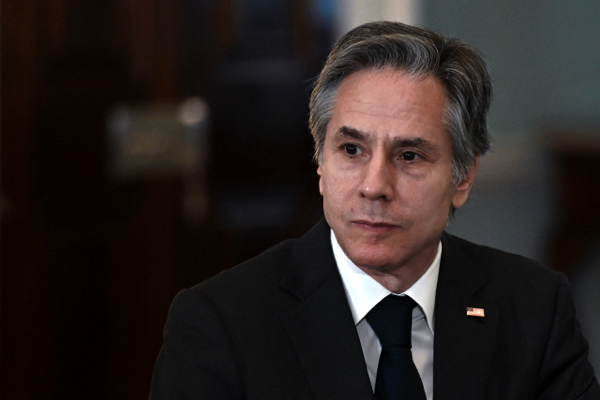FDA’s failure to act leaves Americans at risk from recalled drugs
12/20/2024 / By Cassie B.

- Glenmark Pharmaceuticals issued seven recalls in recent months, including one for potentially deadly potassium chloride capsules.
- The recalls stem from improper dissolution of pills made at a factory in India, with one recall involving 47 million flawed capsules.
- The FDA has not inspected the factory since 2019, despite repeated recalls and potential lethal consequences.
- Glenmark faces a lawsuit and has reported three deaths and multiple health issues linked to the recalled capsules.
- The FDA’s oversight failures highlight systemic weaknesses in monitoring foreign drug manufacturers.
In recent months, Indian drugmaker Glenmark Pharmaceuticals has issued seven major recalls, including one for potentially deadly potassium chloride capsules. These recalls, all stemming from the same factory in India, highlight a troubling pattern of flawed drugs entering the U.S. market. Despite the severity of these issues, the FDA has failed to inspect the factory or take meaningful action to protect American consumers.
The most alarming recall involved nearly 47 million potassium chloride capsules, a medication widely prescribed to patients with low potassium levels. The flaw? The extended-release capsules were not dissolving properly, which could lead to a dangerous spike in potassium levels. At high doses, potassium chloride is so lethal that it has been used in executions. The FDA classified this recall as the most serious kind, acknowledging its potential to kill.
This wasn’t an isolated incident. Glenmark had issued four recalls in the previous eight months, all for the same issue: improper dissolution of pills. Two more recalls followed, bringing the total to seven in less than a year. All the flawed medications were produced at the same factory in Madhya Pradesh, India. Despite this clear pattern of danger, the FDA has not inspected the facility since 2019, before the COVID-19 pandemic.
The consequences of these flawed drugs are dire. Glenmark has reported three deaths, three hospitalizations, and four other serious health issues among patients who took the recalled potassium chloride capsules. While the exact cause of these incidents remains unclear, a federal lawsuit alleges that the pills were responsible for the death of a 91-year-old woman in Maine. The lawsuit accuses Glenmark of “systematic disregard for drug safety,” alleging that the company sold pills “more suitable for an execution” than for vulnerable patients.
FDA’s lax oversight exposed
The FDA’s failure to act is inexcusable. Despite being aware of the repeated recalls and the potential for deadly consequences, the agency has not halted shipments from Glenmark’s Indian factory or conducted an inspection. This lack of oversight underscores longstanding weaknesses in the FDA’s ability to monitor foreign drug manufacturers, many of which produce the generic medications that make up over 90% of prescriptions in the U.S.
The FDA’s inspection process is flawed. The agency relies on a computer model to prioritize inspections, but this system has clearly failed in the case of Glenmark. The FDA has not explained why the company’s string of recalls did not trigger an urgent inspection.
This is not the first time the FDA’s shortcomings have been exposed. In 2023, contaminated eye drops from another Indian company caused four deaths and required some patients to have their eyeballs removed. The FDA had never inspected that factory before the incident. These failures highlight a systemic problem: the FDA lacks the resources and personnel to adequately oversee foreign drug manufacturers.
A call for change
The stakes are high. Foreign factories like Glenmark’s produce a wide range of medications for vulnerable Americans, including those with cancer, heart disease, and kidney ailments. What happens in these factories can have deadly consequences for patients thousands of miles away.
There is hope, however, that the situation may improve under the Trump administration and with the potential leadership of Robert F. Kennedy Jr., a vocal critic of the FDA’s regulatory failures. Kennedy has long advocated for stronger oversight of pharmaceutical companies and has called for reforms to protect consumers from unsafe drugs.
The FDA’s inaction is a grave threat to public health. Americans deserve a regulatory agency that prioritizes their safety and holds drug manufacturers accountable for their failures. Until the FDA steps up, patients remain at risk from flawed drugs that should never have made it to the market.
Sources for this article include:
Submit a correction >>
Tagged Under:
big government, Big Pharma, conspiracy, failure, FDA, Glenmark, insanity, medication, national security, outrage, pharmaceutical fraud, Prescription drugs, products, recall, traitors, treason
This article may contain statements that reflect the opinion of the author




















